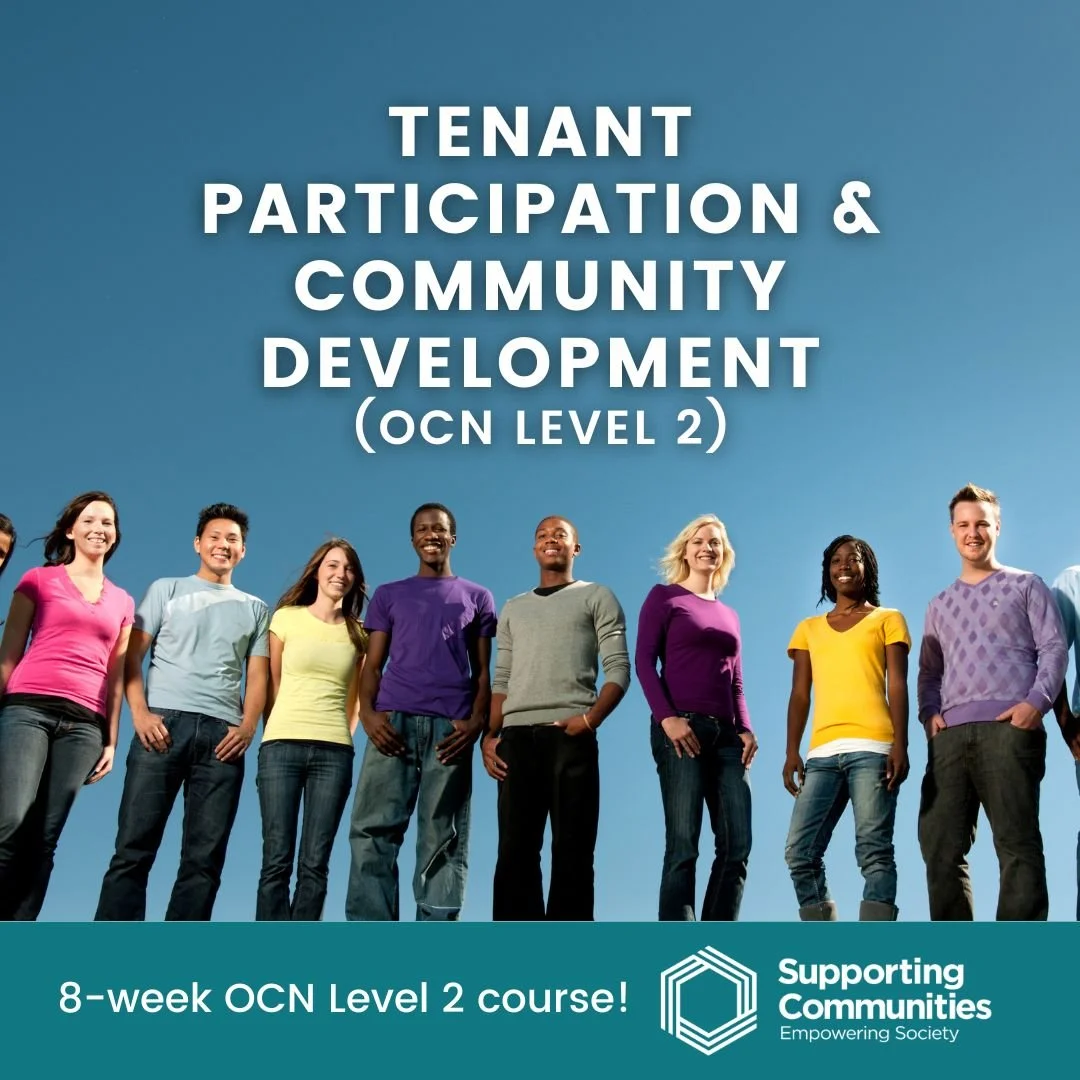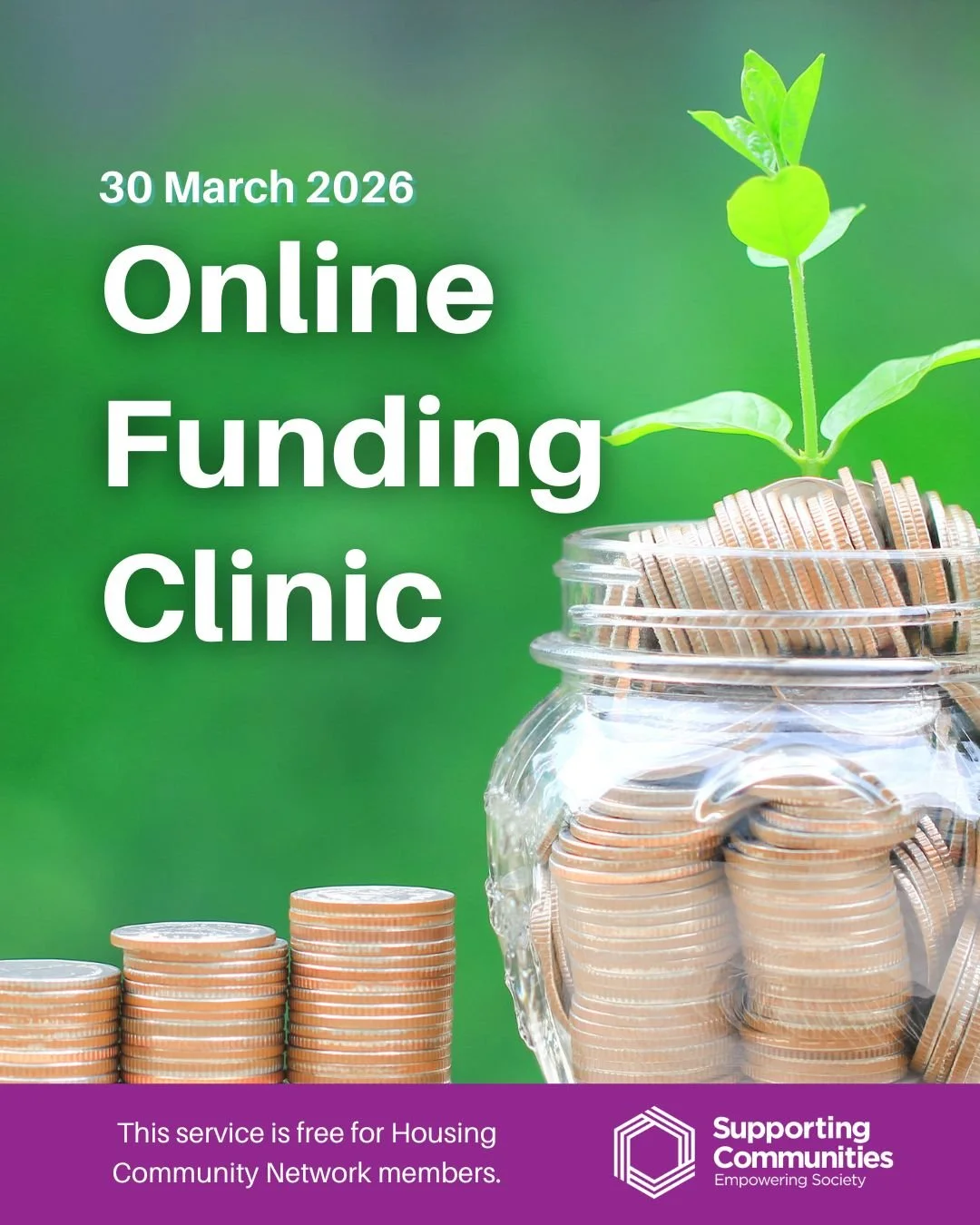Service Spotlight: Funding Support
/Anita Doonan, Funding & Social Value Officer
For community groups across Northern Ireland, finding and securing funding for projects and activities is a constant challenge. Costs have gone up across the board, putting a strain on already tight budgets, and the funding landscape has become more competitive. Many volunteer-run groups feel they lack the know-how and the confidence to be successful when making a funding application. That’s where Supporting Communities’ funding support service comes in, offering expert guidance from start to finish.
Anita Doonan is Supporting Communities’ Funding and Social Value Officer. She works with Housing Community Network groups to identify funding opportunities and put their best foot forward with applications. But, as she explains, it’s about much more than just finding the funding.
“It’s not just identifying the resources, but making sure the group is funding ready,” says Doonan. “There’s a lot of background work groups need to do first.”
This preparatory work includes ensuring a group is registered with the Charity Commission, has up-to-date financial accounts, has consulted with their community to demonstrate the need for the proposed project, and has scrutinised their project plan and budget projections. Anita and her colleagues provide training to walk groups through every aspect of the process.
For groups taking that first leap into larger, multi-year grants, Anita provides ongoing mentoring and evaluation support. For example, after working with the Devenish Partnership Forum in Enniskillen on a successful application to the National Lottery’s Empowering Young People Programme, Anita has continued to meet quarterly with their worker to ensure their five-year grant is monitored and reported on correctly and that any activities are adapted as needed.
Anita really gets to know the groups she works with, going the extra mile with support that can lead to even more opportunities and synergy.
“By keeping in touch with the Devenish group, I’ve been able to link in with our CDOs to seek out other groups that have similar projects to share best practice. For example, there’s a group in the northwest, the Cathedral Youth Club, who were also awarded money from the Empowering Youth Fund, so we are helping to make that connection, and who knows what might come of it!”
Social Value Impact Measurement
Another aspect of Anita’s work is helping groups to measure and articulate the social value and impact of their work.
Working with Rose Regeneration’s Social Value Engine, Anita helps groups calculate their Social Return on Investment by dividing the value of a project’s outcomes by the cost of delivering them.
This is an in-depth process which Anita says has been made easier by the introduction of more Northern Ireland-specific proxy values for things we place worth on, like ‘cohesion’ and ‘good relations’ that may not be discussed in quite the same way elsewhere.
This quantitative data is pivotal for convincing funders of a project’s worthiness and potential positive outcomes, as well as demonstrating a group’s effectiveness to themselves and their community.
Advice to Newcomers
Anita Meeting with Community Groups at a Cookstaown Funding Fair last Year
There is sometimes an overwhelming amount of work going on in the background to make even a small project come together, but Anita’s calm, organised manner puts her clients at ease.
“Start small, build up your confidence, and always reach out for support,” she advises first-time applicants.
Anita encourages groups not to feel intimidated by funders, “They are happy to discuss issues with groups because they want to understand grassroots needs.”
“There’s no such thing as a stupid question,” she says. “Start a dialogue because your perspective could help the funder think about something in a new way.”
With regional funding fairs, online clinics, and regular publication of likely funding opportunities online, Supporting Communities offers numerous resources aspiring grant applicants can look to. As Doonan exemplifies, a little guidance can go a long way in helping good ideas come to fruition.
When asked what she likes best about her job, Anita said, “Meeting with groups and seeing how passionate they are about what they are trying to do for their communities. It’s nice to be part of that process and to think that I’ve helped them to achieve their goals.”








